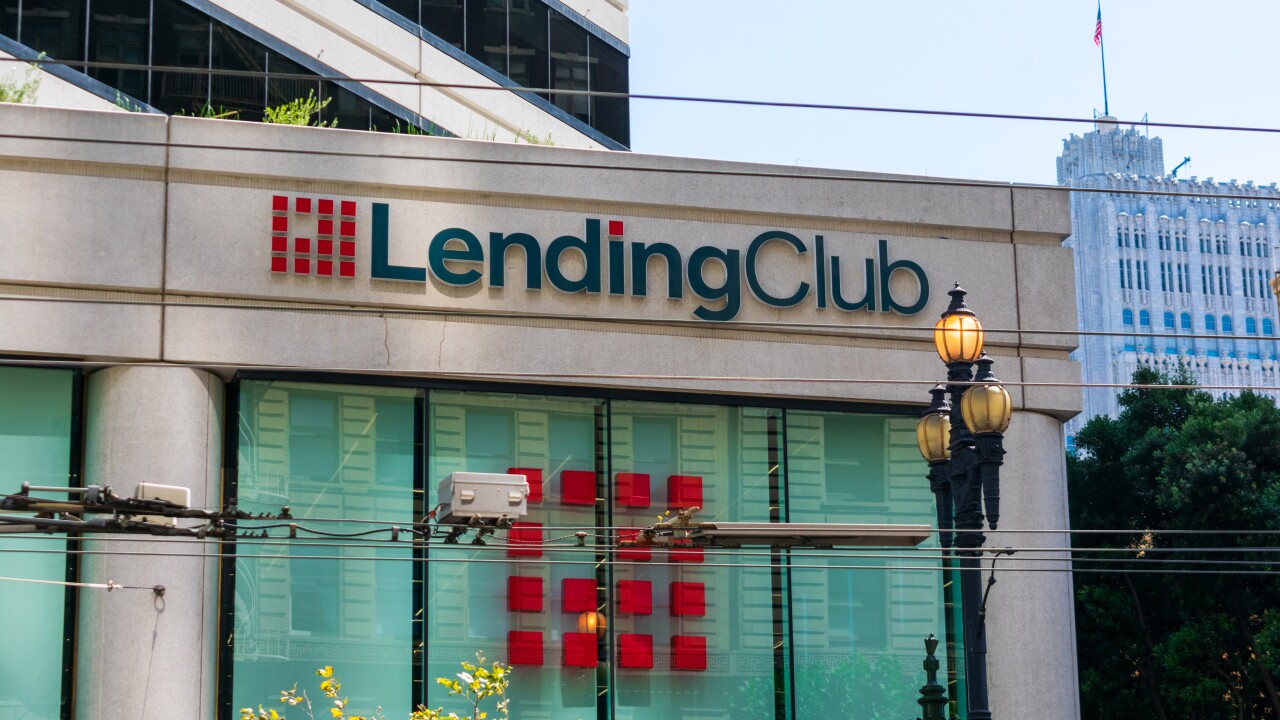After several years of dormancy, Apple resurrected Near Field Communications (NFC). However, it remains to be seen if NFC will ultimately prosper and become the kind of ubiquitous payment technology that today is unique to payment cards.
Quick serve restaurant chains see NFC as a solution to moving their customers through the checkout process more efficiently than swiping cards. Some have led in acceptance of NFC since it satisfies this important criterion.
However, ubiquitous acceptance of NFC is ultimately dependent upon whether mass merchants, petroleum/ convenience stores and supermarkets embrace it to the extent they embraced payment cards in the late 20th century. So far, we've yet to witness this type of broad acceptance of NFC by the merchants most frequently visited by consumers.
Merchant Advisory Group (MAG) members fall on both sides of the fence on NFC. Many members are owners of MCX, a merchant network designed to draw the line on the networks' domination of POS payments and lower the overall cost of acceptance. Other members accept NFC, believing it provides a faster checkout process and may attract new business. Presumably, those which have chosen to accept NFC feel the benefits outweigh the liability associated with the cost of acceptance. Those which have chosen not to accept NFC have come to the opposite conclusion.
Historically, merchants have often agreed to accept new forms of payments without carefully examining all of the implications of acceptance. This may be due partly to their rush to chase the latest shiny new object and partly due to the tendency of the card networks to obfuscate the conditions of acceptance by burying them in reams of complex and sometimes contradictory terms, conditions and rules.
With respect to NFC, the devils in the details may come in the form of unanticipated and unwanted conditions imposed by the networks in the form of new operating rules and new expensive or disruptive technology to implement NFC.
Whether to accept NFC may be one of the most monumental payments decisions facing merchants in many years with long term implications that need to be carefully considered. Merchants need to ask a lot of questions and make sure they have a thorough understanding of all the terms and conditions that go with NFC acceptance. They also need to consider which terms and conditions are likely to be changed or modified by the networks as NFC matures, especially if it achieves critical mass acceptance. We should all be reminded of how the once politically benign concept of "honor all cards" which simply implied merchants had to accept cards issued by all banks under a specific brand gradually morphed into "honor all products " which came to imply merchants had to accept higher priced rewards cards which were in fact different products than their predecessors.
There are already ominous signs that at least one network is positioning NFC to follow a similar path by declaring that if a merchant accepts one NFC wallet funded by their issuers, the same merchant must accept all NFC wallets funded by their issuers. Just as all cards are no longer equal and today actually constitute different card products with different interchange rates, NFC wallets will have different characteristics, many of which may be less than appealing to merchants. Cards used to be very limited in their capability owing from the storage limitations of the magnetic stripe and their lack of computational capability. This is no longer the case with cards or wallets powered by computer chips.
A more recent addition to the networks' NFC scheme is tokenization, a technology that also deserves careful study and consideration. No one questions the face value of tokenization and the added security it can lend towards protecting cardholder data. The concerns related to tokenization are some of the terms and conditions that accompany card network tokenization. The MAG has developed a white paper that sets forth several recommendations for tokenizing payments. While we'd suggest you consider reviewing our recommendations and comparing them to the card networks' tokenization scheme, we'd like to focus on some concerns which have recently emerged through conversations with MAG members.
MAG members have reported concerns related to difficulties and barriers to exercising their legal rights to route debit purchases to multiple networks. Some have reported concerns that the networks' tokenization scheme disrupts or destroys their own proprietary tokenization process. Others have reported disruption owing from their inability to identify customers who wish to return merchandise since they have no access to the card number. Most have expressed concern that tokenization disrupts or destroys their ability to operate customer rewards programs and conduct customer analytics.
In summary, the decisions whether or not to accept NFC and how to implement tokenization carry significant implications, only some of which are touched upon in this article. We suggest you thoroughly examine all of the implications of acceptance as you consider these important decisions. As the merchant community continues to evaluate NFC, MCX and alternate forms of contactless technology, the MAG will endeavor to provide you with the latest information and probe for the factual details beneath the hype so you can make informed decisions. Thanks, as always, for your support and assistance in this regard.
Mark Horwedel is CEO of the Merchant Advisory Group





